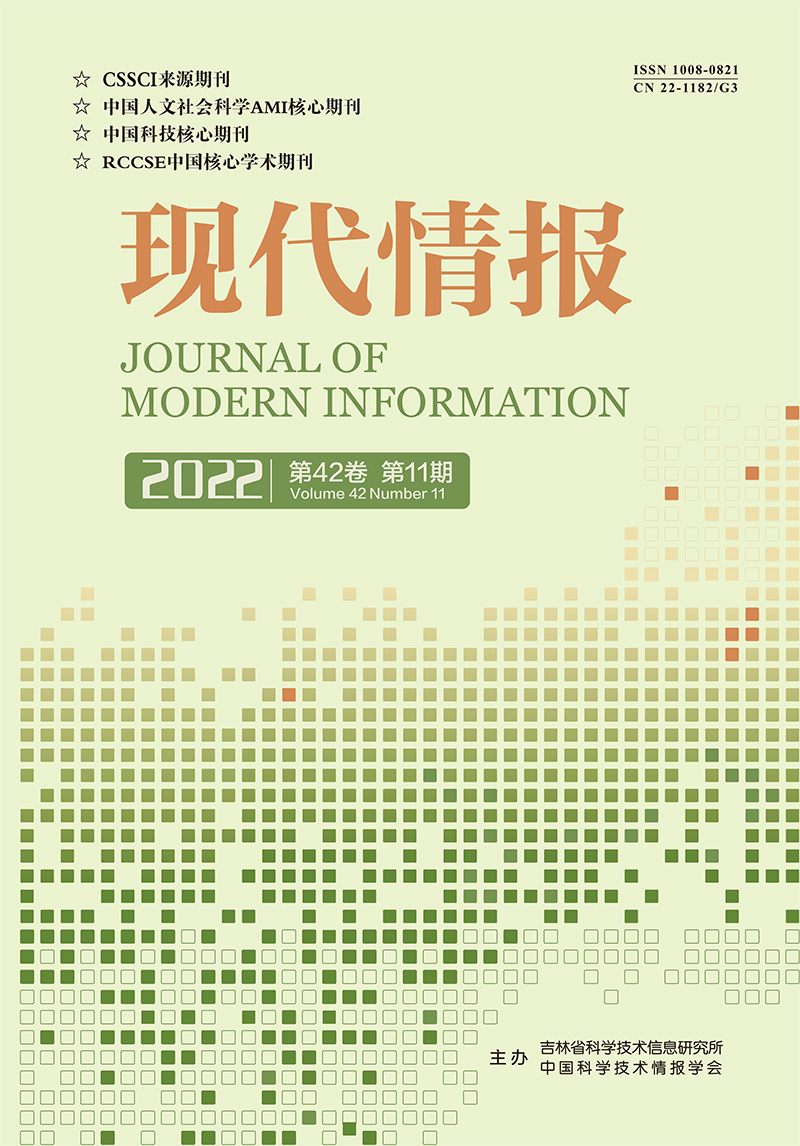Peng Guochao, Cheng Xiao, Liu Caihua
[Purpose/Significance] With the gradual penetration of Internet technology into people's lives,the disclosure of personal information of Internet users has also aroused widespread concern in the society.In recent years,there have been abundant research results on the willingness to disclose personal information of Internet users,but the research conclusions are quite different.The purpose of this study is to explore the relationship between various influencing factors and willingness to disclose and the reasons for the differences among the studies,in order to provide a reference for subsequent empirical research and theoretical guidance for the operation of relevant platforms.[Method/Process] By combing the existing empirical literature,a total of 7 influencing factors were included,and a meta-analysis was carried out on 20243 samples from 57 independent studies.[Result/Conclusion] The study finds that privacy concerns and perceived risk are significantly negatively correlated with disclosure willingness,and perceived control,perceived benefit,trust,subjective norm and personalized service are significantly positively correlated with disclosure willingness;among them,the impact of perceived benefit on disclosure willingness is the strongest,and the correlation between perceived risk and disclosure willingness is the weakest.Platform type has a significant moderating effect between perceived control,perceived risk,perceived benefit,subjective norms,etc.and willingness to disclose,but there is no moderating effect between privacy concerns,trust,and personalized service and willingness to disclose;gender has a significant effect on the relationship between each variable and willingness to disclose the relationship between them played a significant moderating role.
